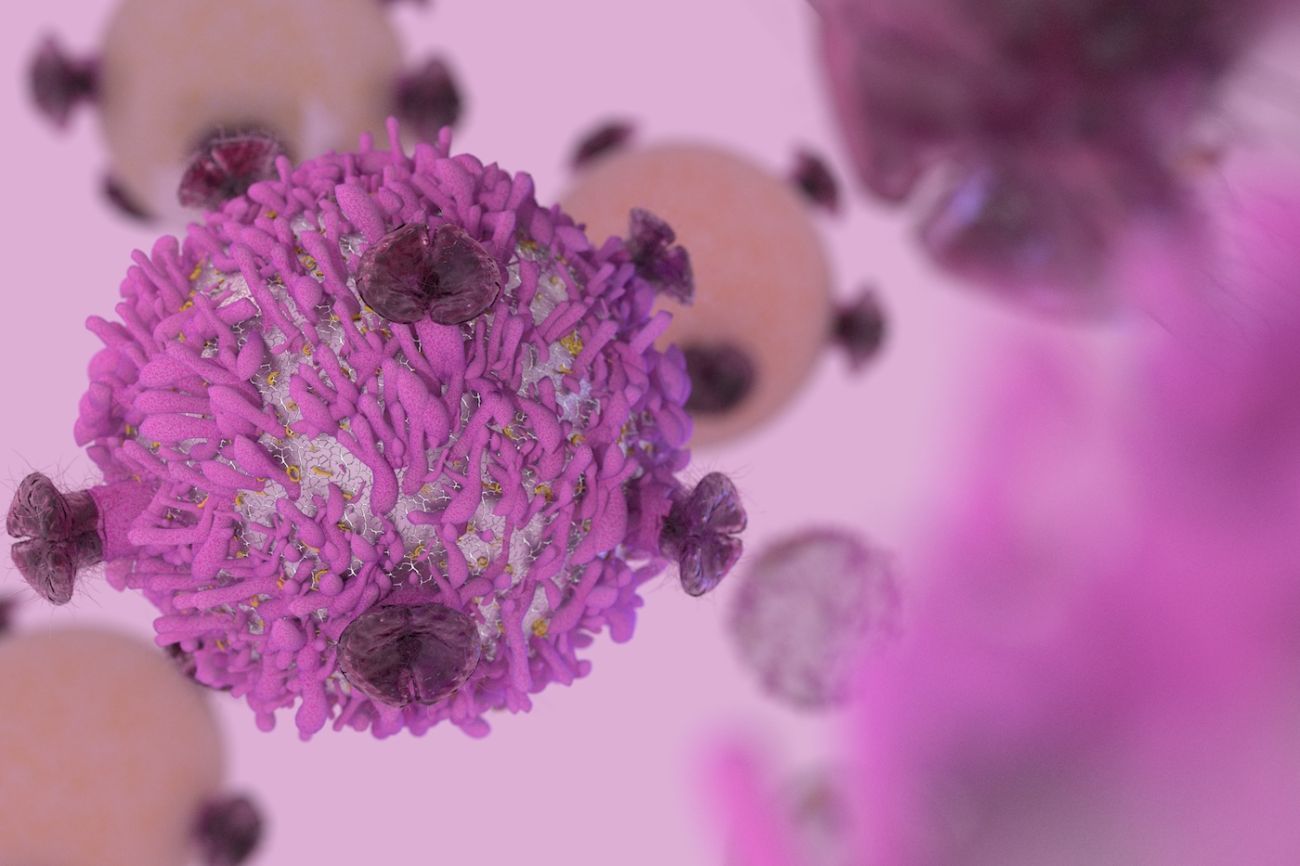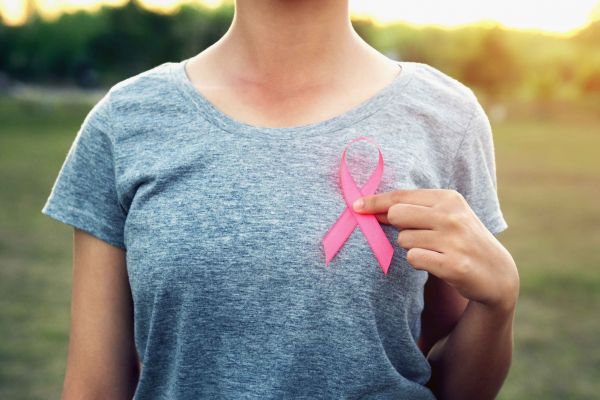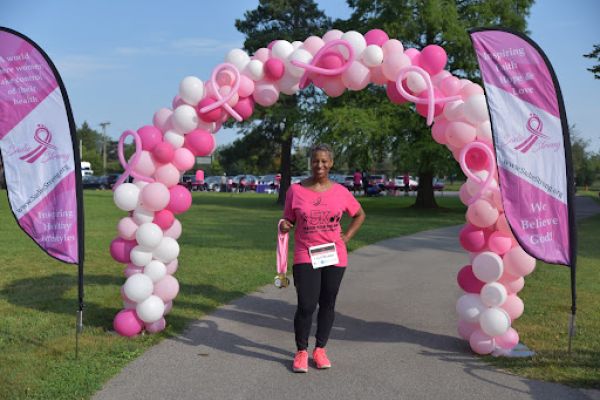Finding new hope with drug combinations
In recent years, immunotherapy has become an effective way to treat several forms of cancer. Advances in cancer research suggest some immunotherapies improve outcomes for people with triple-negative breast cancer, a particularly aggressive and difficult type of cancer to treat.
“Immunotherapy definitely gives a lot of hope to patients with advanced stage triple-negative breast cancer. The responses are long-lasting and can improve survival rates,” says medical oncologist Shipra Gandhi, MD, Assistant Professor of Oncology at Roswell Park Comprehensive Cancer Center.
Why is triple-negative breast cancer challenging to treat?
The three main receptors commonly found in breast cancer – estrogen and progesterone, both hormones, and HER2, a protein – are missing. Think of these as cancer “locks” the doctor can use to can “open” with a treatment “key.” In triple-negative breast cancer, these receptor “locks” are not there, so there is no way for the doctor to gain access to the cancer with a treatment “key.” Hormone therapies and drugs used to treat other breast cancer types do not work against triple-negative breast cancer.
Standard treatment for triple-negative breast cancer is surgery (lumpectomy or mastectomy), followed by radiation and chemotherapy. Chemotherapy can help to reduce the size of a cancerous tumor, but the treatment is highly toxic and causes serious inflammation in major organs. Immunotherapy is different because it uses your own immune system to boost your defensive response to cancer, or to help it find and attack cancer cells.
How does your immune system work?
Your immune system produces special proteins called antibodies that find and destroy anything “foreign” – including germs, viruses or cancer cells. An antibody works by sticking to another protein called an antigen. Your antibodies circulate throughout your body until they find and attach to any foreign antigen. Then they tell all the other parts of your immune system to destroy the cells containing that specific antigen. Because cancer begins in healthy, normal cells, antibodies in your immune system have a difficult time identifying the antigens in cancer cells as “foreign.”
Get your mammogram where the experts are
Don't delay. Schedule your mammogram today.
How can immunotherapy help with triple-negative breast cancer?
Some immunotherapy uses lab-made proteins, called monoclonal antibodies, to make your own immune system find and destroy cancer cells with a specific antigen (protein) — or to help your body fight harder against the cancer. Monoclonal antibodies act like human antibodies when introduced to the immune system, usually by IV. But unlike human polyclonal antibodies, monoclonal antibodies are programmed to attach to a specific antigen instead of many.
Roswell Park physicians and researchers are exploring an immunotherapy approach using monoclonal antibodies called checkpoint inhibitors to keep triple-negative breast cancer cells from multiplying. Immune checkpoints are normal parts of your immune system that work as brakes to prevent it from harming healthy cells. But some cancer cells produce checkpoint proteins that stop your immune system from fighting the cancer.
Checkpoint inhibitors are monoclonal antibodies designed to block the checkpoint antigen — releasing the brakes — so the immune system is free to do its job and fight the foreign cancer cells. Dr. Gandhi and her team are using a monoclonal antibody drug called pembrolizumab, known commercially as Keytruda, to find ways to block the checkpoints in triple-negative breast cancer tumors. They are investigating ways to combine pembrolizumab with other immunotherapy treatments as an optimal way to target the checkpoint protein PD-1 and improve the immune response to triple-negative breast cancer.
Triple-negative cancers are often called “cold” tumors. A cold tumor has very few immune cells, which makes it difficult to “unlock” to destroy cancer cells.
“We are in clinical trials that use checkpoint inhibitors to make triple-negative breast cancer tumors respond better to treatment. We are making ‘cold’ tumors ‘hot’, by enriching them with immune cells, monoclonal antibodies, that enable the body to respond better to fight the cancer,” Dr. Gandhi says.
“Immunotherapy for advanced stage triple-negative breast cancer is only approved for use in combination with chemotherapy. But there is a need for chemo-sparing strategies that can treat cancer but avoid or reduce toxicity that can lead to autoimmune side effects,” Dr. Gandhi says.
Learn more about the latest options in clinical trials at Roswell Park or ask to speak with a clinical research coordinator at 1-800-ROSWELL.



